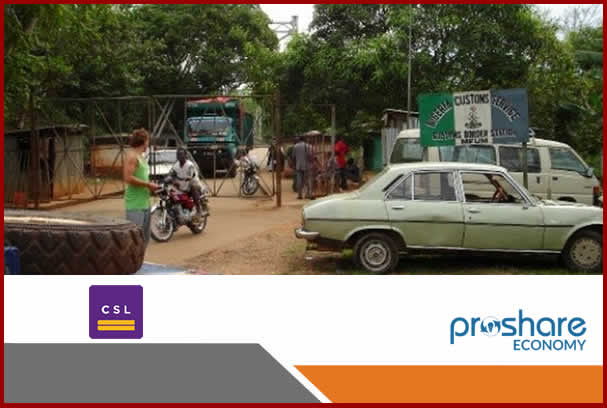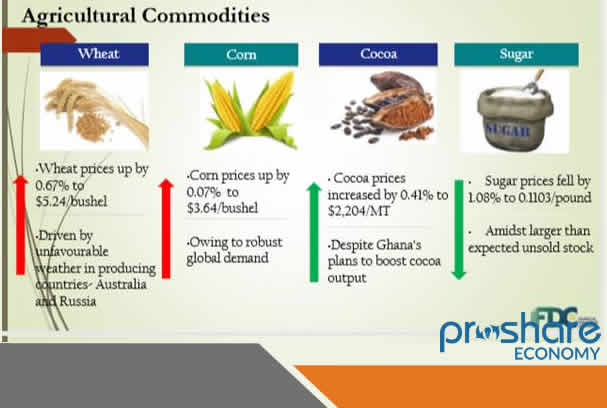Event: Over 15 states in Nigeria are battling excessive flooding, with National Emergency Management Agency (NEMA) estimating that more than 600,000 persons have been displaced while over 637,000 hectares of cropland are submerged. The crisis has been attributed to the release of excess water from the Lagdo Dam in Cameroon, which cascaded into Nigeria through River Benue and its tributaries, thereby inundating communities. In our view, the ongoing challenge Is a downside risk to agric GDP growth and upside risk to inflation.
In this report, we assessed the impact of the flooding on agric GDP and inflation, as well as the likely vulnerability of FMCGs.
Agric GDP: The agric sector, which accounts for about c.25.0% of the Nigerian economy, is at risk of a material slowdown if the situation lingers. Inferring from Q3'18, when Nigeria experienced a similar flooding situation, agric sector growth slumped to 1.9%, significantly lower than the 3.8% recorded in the preceding 5-year average Q3 readings. If history is anything to go by, we estimate that a prolonged period of flooding could yank off a cumulative 100bps from Q3 and Q4 GDP growth rates. This could, in turn, result in 65bps and 20bps moderation in FY'22 agric and headline GDP growths, respectively.
Inflation: Nigeria may have to brace up for a longer regime of higher inflation, given that the recent shocks portend a major downside for farming and harvesting activities in 2022 that can result in material food shortages. As indicated in figure 3, the affected states are key producers of major food crops, whose shortages could have a reverberating effect on the food basket of CPI. For us, we think that rice output faces the greatest risk, as OLAM Nigeria, which supplies 25.0% of domestically produced rice and accounts for 18.0% of total consumption, recently reported that their Nasarawa farm has been entirely submerged by water.
Do Consumer Goods companies face material risk from flooding?
With an average c.50.0% local sourcing strategy across our coverage universe, it appears that Nigerian FMCGs could be vulnerable to the impact of this quandary. Specifically, five of our six FMCG coverage companies use grains (sorghum, barley, wheat, or maize) primarily sourced in the states mentioned above. While this is concerning, we do not expect the impact to be material in the near term. To our minds, companies may already have frontloaded raw material purchases ahead of Q4’22, providing buffers against price hikes/transportation hurdles. Likewise, companies out of stock could get a reprieve by sourcing from alternative markets in Ogun and Oyo states. Furthermore, our engagement with sector stakeholders revealed that grain prices are still relatively stable, suggesting a possible lagged impact.
 Lagos, NG • GMT +1
Lagos, NG • GMT +1











 487 views
487 views


















 Sponsored Ad
Sponsored Ad
 Advertise with Us
Advertise with Us









